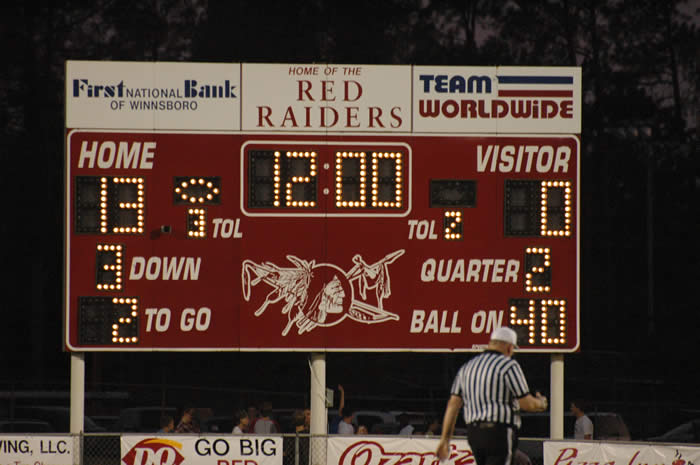With all of first quarter’s numbers in seeing the success of some ETFs, like the solar ETFs, where should you invest for the second quarter? MarketMuse blog update looks to panel of investment strategists with experience of managing billions of dollars for which ETFs to invest in this quarter. MarketsMuse blog update is courtesy of Reuter’s Trang Ho and her article, “Q2 Investing Strategies: Top Five ETF Buys From Powerhouses With $1 Billion+ In Assets Under Management“, with an excerpt below.
If you were stranded on an island in the second quarter and could only take one exchange traded fund with you, what would it be? We asked a panel of investment strategists whose firms manage more than a billion in assets to share their best ETF investing idea for Q2.
1. Market Vectors Agribusiness ETF (MOO)
The Market Vectors Agribusiness ETF (MOO) should do well when we have a bad weather summer. The constituents of this ETF are lagging because grain prices have been so low. The May 2015 futures contract for corn is $3.92 a bushel. In 2012, a bushel was almost $8. The May 2015 contract for soybeans is $9.63 a bushel. In 2012, it was close to $18. So when will this change? When we have a summer that is way too dry or way too wet. Or, as with any commodity, the cure for low prices is low prices–farmers will stop planting grains if the prices are too low and supplies could fall, thus increasing prices. Seven billion people can’t be wrong. Those seven billion people need to be fed.
The fund only has a fee of 0.55%. Not bad. It is truly global with companies from Israel to Russia, denominated in every currency from the Norwegian kroner to the Russian ruble. You won’t find that type of diversity too often. The SEC dividend yield is 1.58%. Not horrible.
– Holmes Osborne, principal of Osborne Global Investments with $1.5 billion in assets under management in Santa Monica, Calif.
2. iShares Currency Hedged MSCI Germany ETF (HEWG)
The European Central Bank (ECB) has embarked on an ambitious quantitative easing program in the Eurozone, creating investment opportunities in European equities. We think European equities represent a good value relative to expensive US stocks, both from a price-to-earnings and price-to-book perspective.
Furthermore, Germany, the strongest economy in Europe, represents a potentially attractive way to access the driving forces behind Europe’s momentum higher-quality, cyclical tilt. First, there are few attractive opportunities for German investors outside of stocks as most German sovereign bonds currently offer negative real yield. Second, Germany, as the fifth largest exporter to the U.S., appears poised to capitalize on a strong dollar/weak euro and an improving American economy.
U.S. dollar-based investors can consider accessing the strong momentum and potential opportunities presented by Europe’s quantitative easing and seek to mitigate the risk of a depreciating euro through the iShares Currency Hedged MSCI Germany ETF (HEWG). HEWG invests in large- and mid-cap German equities and seeks to mitigate exposure to fluctuations in the value of the euro and the U.S. dollar. Investors should consider risks including a potential global economic slowdown, strengthening of the euro, and a rally in European bonds. We will also be watching the outcome of the ECB’s bond buying program, Greece’s economic situation and its impact on the eurozone, and European debt issues.
– Heidi Richardson, global investment strategist, BlackRock with $4.652 trillion AUM in New York City.
To see the complete list from Reuters, click here.


